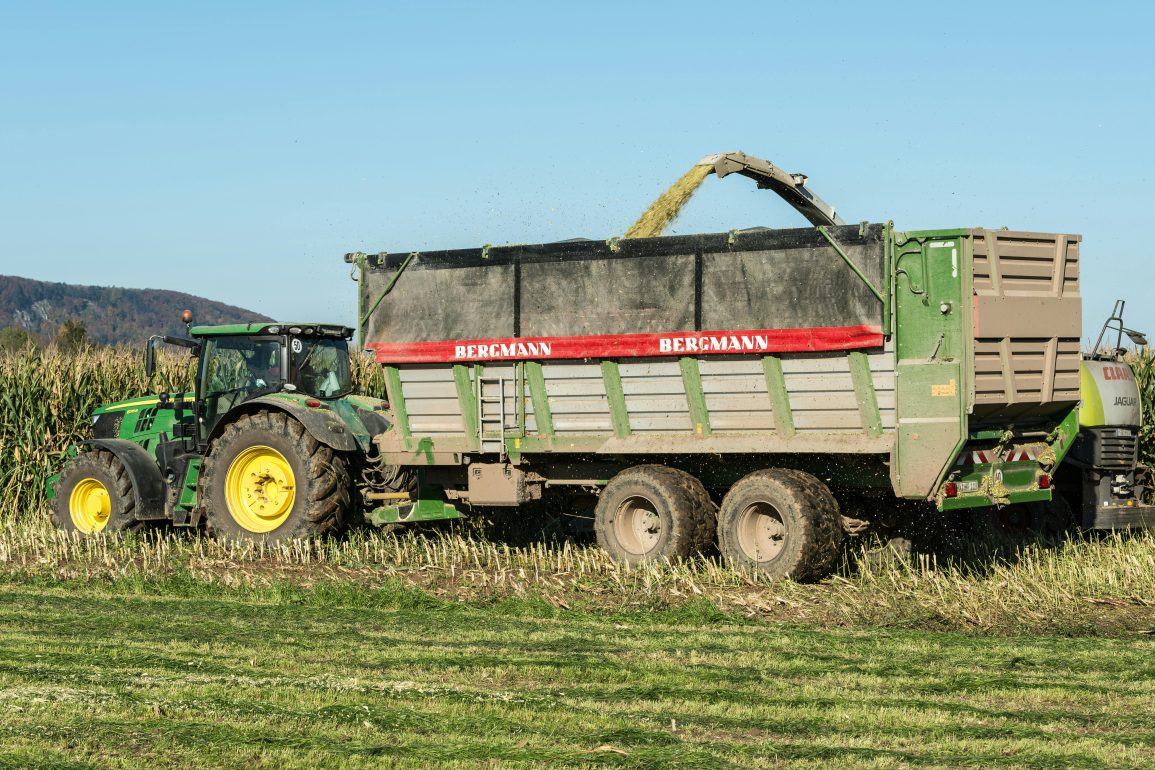The UK is grappling with food shortages and rising prices due to extreme weather linked to climate change, which has led to poor yields both locally and abroad.
Heavy rainfall has hindered UK farmers from planting essential crops like potatoes, wheat, and vegetables this spring. Some crops that were planted are of poor quality and have even rotted in the ground. The persistent wet weather has also increased lamb mortality rates in hilly areas and limited dairy cows’ access to grass, reducing milk production.
Agricultural groups predict that the UK will need to rely more on imports. However, similar wet conditions in France and Germany, along with drought in Morocco, could limit available imports.
This situation could drive up food inflation and supermarket prices. Tom Bradshaw, president of the National Farmers’ Union, noted that markets are struggling as farmers face severe conditions and are expected to import more products this year.

Wholesale prices for potatoes have surged by 60% compared to last year due to crop rot and a 10% reduction in planted area from last year. The British Growers Association’s Jack Ward warned that potato volumes might not recover, and current wholesale prices are too low to cover high costs associated with climate impacts.
Carrot and parsnip supplies are also down due to soggy soils, leading to increased prices. Martin Lines from the Nature-Friendly Farming Network noted that delays in planting and poor field conditions could result in shortages of root vegetables and potatoes this winter.
Some farmers are opting to leave fields fallow or switch to less weather-dependent crops, which may lead to shortages of wheat, barley, and pulses.
In Europe, similar issues are affecting winter and spring crop production. France’s wheat-growing season is struggling, and Morocco’s drought is impacting fruit and vegetable yields.
The UK imports a significant portion of its tomatoes, raspberries, and Brussels sprouts from Morocco, making these supply issues particularly concerning.
Experts warn that these problems are likely to worsen with ongoing climate change. Dr. Paul Behrens from Leiden University emphasized the urgent need to reduce emissions and transform food systems to avoid escalating food prices and potential political instability.

